A Chinese institute has launched in Beijing a groundbreaking GIS-LCA software for conducting carbon footprint assessments throughout the entire life cycle of products, which is touted as the world's first of its kind that is based on geographical location.
LCA stands for life cycle assessment, and it is a methodology used for evaluating the environmental impacts of a product, process, or service throughout its entire life cycle.
When applied in carbon footprint management, LCA helps assess the carbon emissions associated with a product or service from cradle to grave, including all stages such as raw material extraction, production, distribution, use, and disposal.
The GIS-LCA software is an integration of multiple independent innovative technologies, a media release from the Qingdao Institute of Bioenergy and Bioprocess Technology, which is based in Qingdao, Shandong province, and an affiliate with Beijing-based Chinese Academy of Sciences.
The software's release signifies China's autonomous advancement in developing technical expertise within the realm of comprehensive life circle management of low-carbon products, the institute said.
It helps tackle challenges arising from the mismatch between international carbon footprint standards and the uneven spatial development characteristic of China's distinct national context, it stressed.
Tian Yajun, the chief scientist at the Qingdao Institute, noted that the LCA standards for carbon footprint assessment, initially formulated by European Union nations, were tailored to a great extent to their specific national contexts.
EU countries, however, are relatively small, with many of them comparable in size to a single province in China. Additionally, while the development of EU countries is relatively balanced, this is not the case in China, Tian said.






























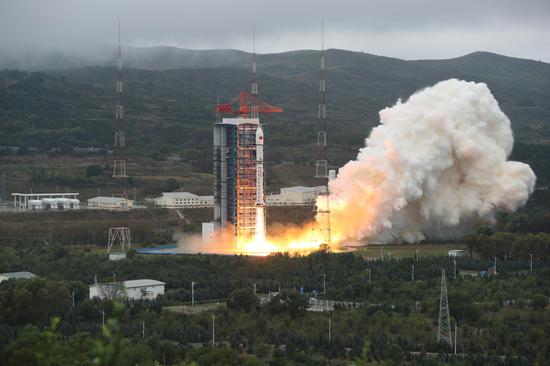
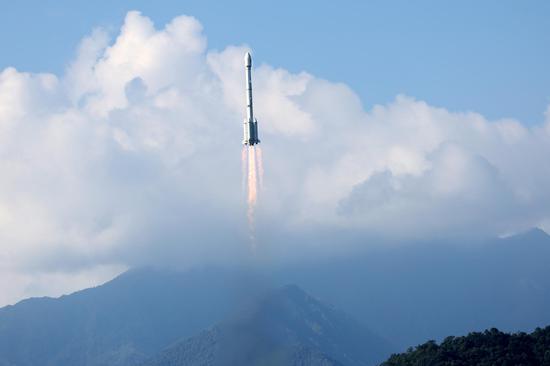







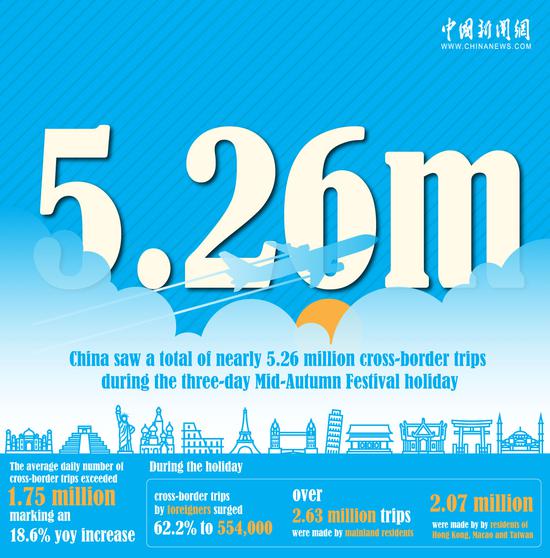
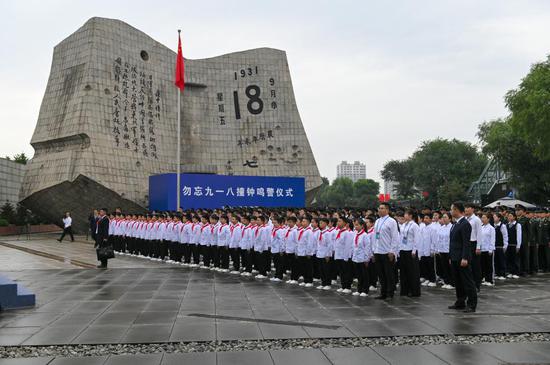

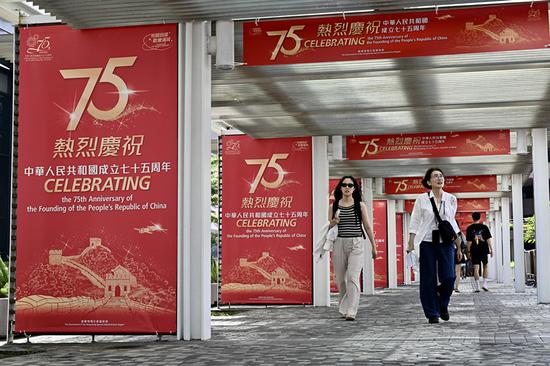

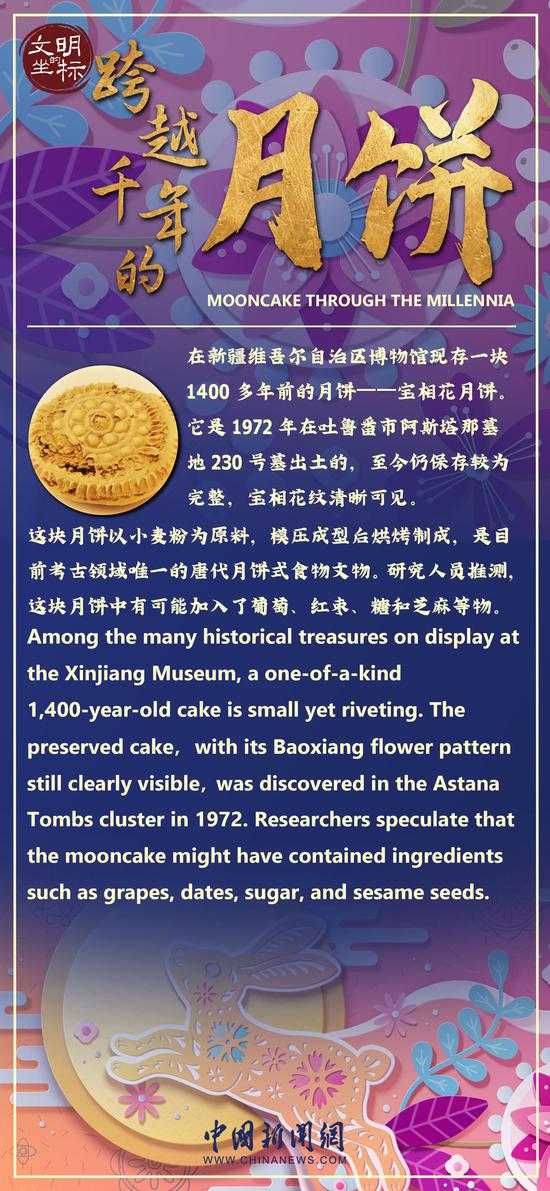





 京公网安备 11010202009201号
京公网安备 11010202009201号